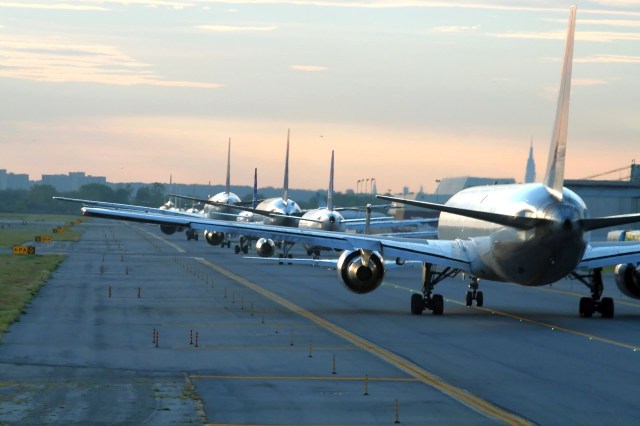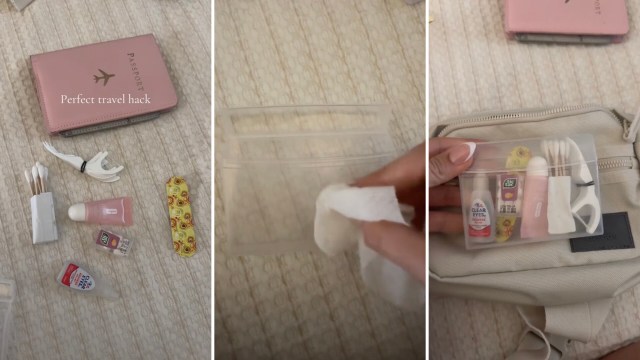By Eleni Panayiotou
“The Mediterranean encompasses myriad scenes all at once. Rather than a single landscape, it offers an array of them. Instead of just one sea, it presents a sequence of seas. It is not merely one civilization, but a stack of civilizations,” as stated by Fernand Braudel.
The Mediterranean Sea
The Mediterranean has never merely been an expanse of sea; rather, it serves as a vibrant emblem of connectivity, legacy, and fortitude — “the birthplace and meeting point of civilizations” throughout history, now tranquil and welcoming, at other times tempestuous and fierce. Yet, fundamentally, it embodies the core identity of those who call themselves Mediterranean folk.
Whenever we picture the Mediterranean, visions of a sparkling azure expanse bordered by olive groves and red-tiled roofs come to mind. Yet increasingly, this picturesque scene is marred by an influx of discarded plastic bottles, forsaken fishing gear, and fragments of debris adrift in the water as twilight descends.
It causes one to ponder – when did this begin? More crucially, though, what actions should we take regarding it?
The Mediterranean Sea, due to its semi-enclosed nature, faces significant vulnerability. Plastic accumulates on the ocean floor, with approximately 85 percent of floating debris consisting of plastics as well. Despite containing only one percent of Earth’s water, this region traps seven percent of worldwide microplastic pollution. In certain areas, the concentration of microplastics at the surface can be shockingly high, reaching up to 64 million particles per square kilometer. This represents an enormous amount of plastic contamination!
Throughout history, Mediterranean ports have stood as the gatekeepers of this identity. They have linked continents, cultures and generations. But today, these vital hubs face a new kind of threat – the slow, steady tide of plastic waste.
To safeguard our Mediterranean, it is clear that we all have to work together. That means better coordination and communication between everyone involved in waste management – port authorities, ship owners, waste companies and agents. It means ensuring that waste is properly managed both on board vessels and at port facilities. It also means a visible, public commitment to greener, more circular ports; not just declarations, but real actions people can see and believe in.
Creating sustainable and environmentally friendly ports goes beyond merely focusing on technology and infrastructure; it also involves protecting the cultural identities of regions around the Mediterranean Sea, which have historically been centered on commerce and progress. Throughout history, we’ve succeeded by adjusting ourselves—by discovering more efficient and superior methods to coexist with nature instead of opposing it, and this principle remains unchanged in modern times.
Right here in Cyprus, we have a great example that has been set in motion. The “Green and Circular Ports for a Litter-Free Mediterranean” project, led by Isotech Ltd with the support of Beyond Plastic Med (BeMed), and the endorsement of the Cyprus Shipping Chamber (CSC), is setting a new standard. It goes beyond simply cleaning up waste. It’s about turning ports into the true guardians of the sea.
The project is working to implement smarter waste reduction and waste management solutions both ashore and on ships. It’s a model of how local action can ripple outward, inspiring change across the region. Isn’t that what the Mediterranean is all about?
Through adopting circular economy practices, we’re not only curbing pollution but also rejuvenating the core of our area. Initiatives such as this align with larger efforts like the CapiMed-Islands program, uniting Mediterranean islands to exchange insights and boost their influence—demonstrating that teamwork among coastal areas and island communities is not merely beneficial, it’s crucial.
In the final analysis, it’s not just about rules and regulations – although those continue to be crucial. The focus should be on safeguarding the essence of the Mediterranean, an area defined by its historical significance and stunning landscapes, so as not to lose what makes it uniquely valuable.
Put simply, the greener ports we invest in today will define the Mediterranean we leave to the next generation.
To learn more about the BeMed project, check this out.
here
Eleni Panayiotou serves as a communications manager at Isotech Ltd, where she leverages her experience as a journalist and her skills as a creative communications and media strategist.
Furnished by SyndiGate Media Inc. (
Syndigate.info
).











Leave a Reply